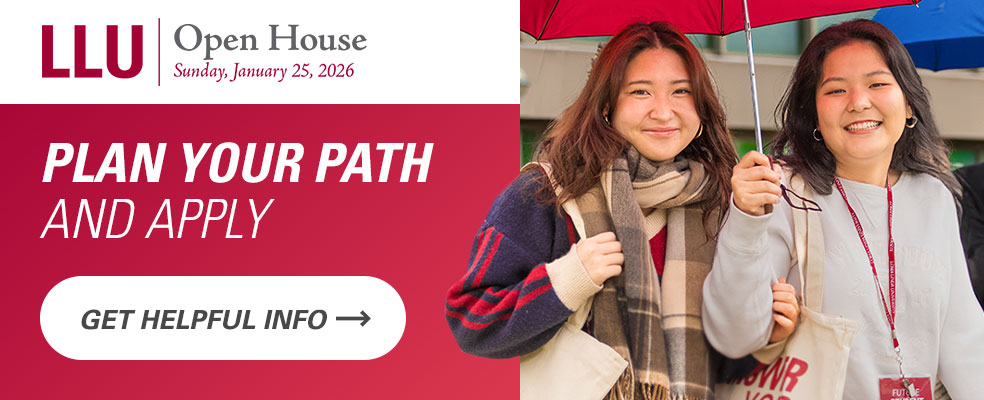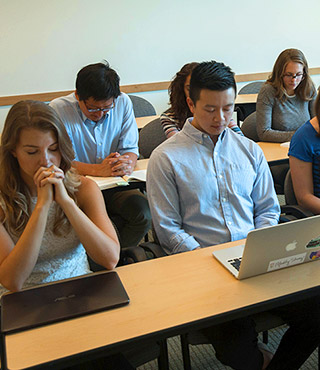Alternative Program Name
Speech-Language Pathology, MS
Program Description
PROGRAM
The Communication Sciences and Disorders MS program is a two-year, full-time program combining graduate coursework with hands-on clinical experience. Students train in diverse settings including hospitals, schools, and private clinics.
PROFESSION
Speech-Language Pathologists assess and treat communication and swallowing disorders in children and adults across a variety of settings. A master’s degree is required to enter the field.
For further program information, please visit our program website at the link below.
Program Length
11 quarters (3 years)Possible Careers
Public and private schools, hospitals, rehabilitation centers, short-term and long-term nursing care facilities, community clinics, colleges and universities, private practice offices, state and local health departments, state and federal government agencies, home health agencies (home care), adult day care centers, centers for persons with developmental disabilities, research laboratories.Application Deadlines
| Quarter | Application Open | Priority Deadline | Final Deadline |
|---|---|---|---|
| Autumn of 2026 | Oct 1, 2025 | — | Mar 1, 2026 |
Admissions Requirements
The admissions committee considers the following qualifications in making admission decisions:- Personal statement (included in the online application)
- All official transcripts to generate overall GPA from undergraduate bachelor's degree
- Minimum cumulative GPA of 3.0, AND for last 96 quarter credits or 64 semester credits (your last 2 undergraduate years), minimum GPA of 3.3
- Letters of recommendation
Prerequisites
Students admitted to the Transitional Master’s program must show evidence of having completed a minimum of one undergraduate course in each of the following areas prior to fall quarter of their second year in the program: biological sciences (such as biology, human anatomy, etc.), physical sciences (physics or chemistry preferred), statistics, and the social behavioral sciences (such as psychology, sociology, educational psychology, etc.)Discipline Accrediting Agency
This program is accredited by The Council on Academic Accreditation in Audiology and Speech-Language Pathology of the American Speech-Language Hearing Association (www.professional.asha.org) and the California Commission on Teacher Credentialing. (www.ctc.ca.gov)
Expected Cost of Attendance
The following estimated cost of attendance is based on full-time attendance for the number of months enrolled per academic year. Estimated amounts may vary based on a number of factors. Students may use these estimates when applying for financial aid.
Required Program Costs
Academic Year 2026-2027
Other Educational Costs
Non-required costs that can be funded with scholarships/loans.
Notes
The cost of attendance varies from year to year. Please contact the office of Student Finance for up-to-date costs.- Estimated amounts are for the academic year specified only. Amounts are based on full-time attendance for the number of months enrolled per academic year. International students need to calculate 12 months of living expenses based on these amounts.
- Amounts are expected to increase each year consistent with inflation in the professional education sector.
- To qualify for financial aid, most students must be enrolled at least half time in an aid eligible program and be taking degree requirements. Half time is 6 units in a quarter for undergraduate programs and 4 units in a quarter for graduate programs.




